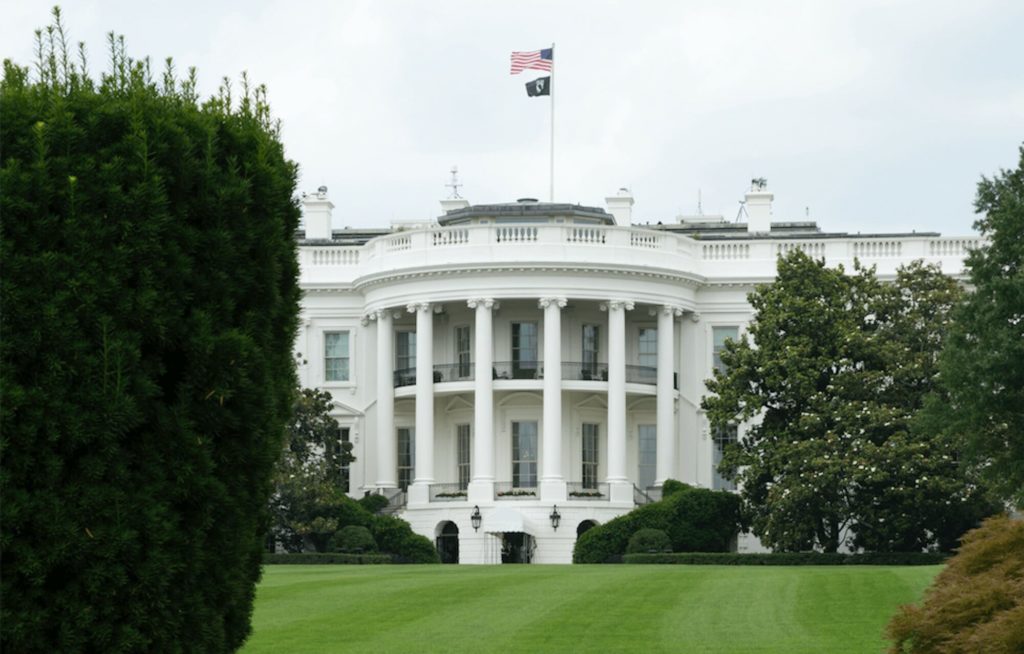
A report released from PA Consulting last week said that United States healthcare leaders believe increasing hospital-at-home solutions will positively affect Americans in need of medical assistance.
As a part of its Healthier at Home report, PA Consulting surveyed 550 public and private leaders across the globe. Of the U.S. respondents, 67% believe that increased hospital-at-home services will save patients time and money. Solutions such as “stand-alone therapeutics, digital devices, behavioral prompts, or a combination of these, have the potential to reduce the cost of care, alleviate pressure on healthcare systems, improve access, and increase patient quality of life,” the report said.
The report also showed that by 2030, the global home healthcare market for these solutions will increase by $70 billion to reach $390.4 billion.
“The tremendous value of preventative care and early intervention is no hidden secret,” Vignesh Ramesh, digital health expert at PA Consulting, said in a press release. “As budgets shrink and demand for flexible, personalized care grows, healthcare, medtech, and pharma leaders have an opportunity to build an ecosystem of care that benefits patients and providers.”
“Our research highlights that the need for improving the patient experience, relieving pressure on the healthcare system, supporting health equity, and reducing costs – all can be done through the move from hospital to home,” he added.
Amongst U.S. survey respondents, 72% believe that hospital-at-home services will have a positive impact on “society’s health and well-being,” and 74% said their organization is “prioritizing solutions” that support moving care from the hospital to the home.
However, the report also showed that two-thirds of the respondents are concerned over the speed at which hospital care into the home will move. According to the survey, 65% of the respondents “considered a lack of understanding of healthcare systems and pathways by medtech and pharma as slowing adoption in the next five years.”
Less than a third (28%) of respondents say that physicians are “motivated to transition from hospital care” — despite the positive medical outcomes of doing so.


